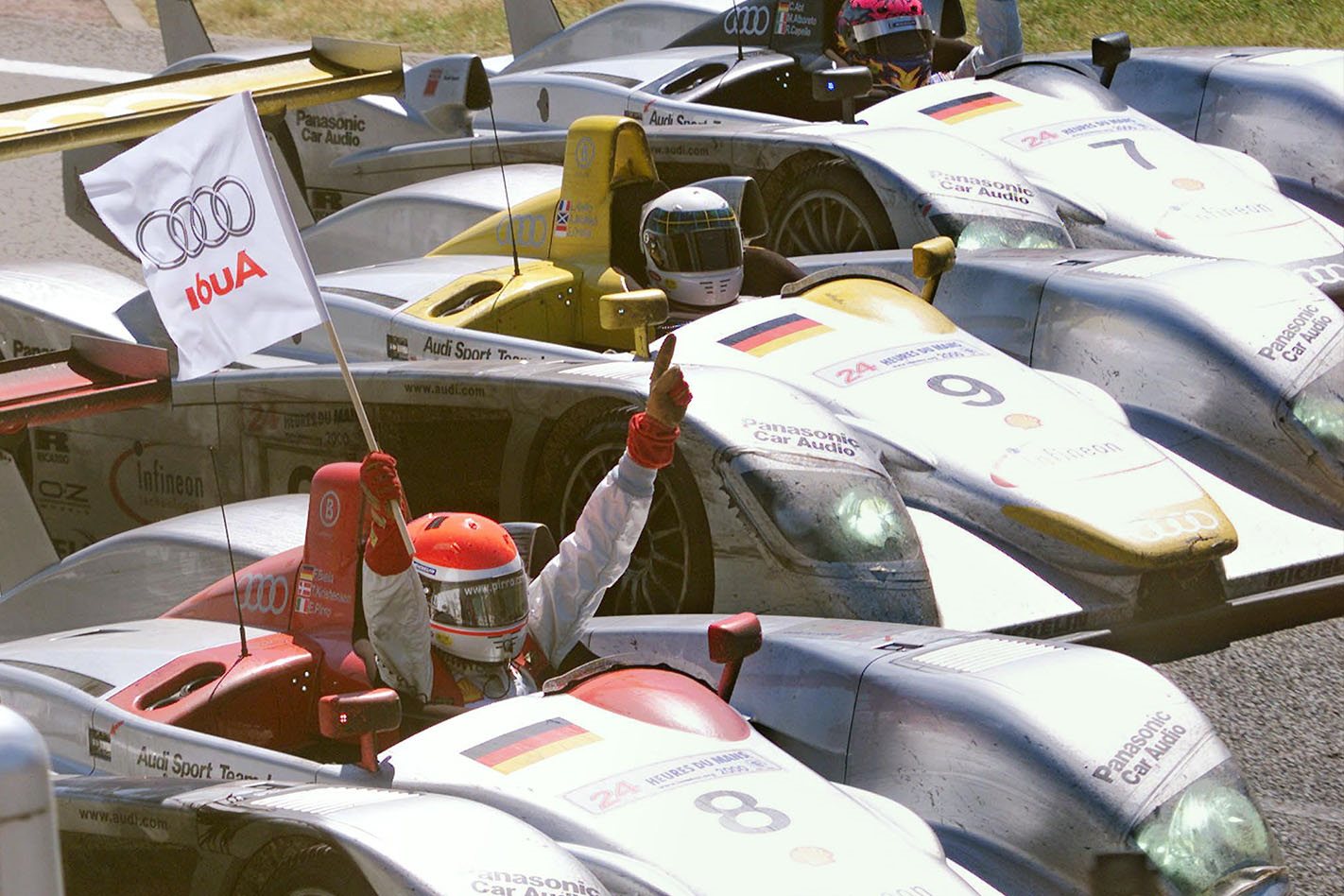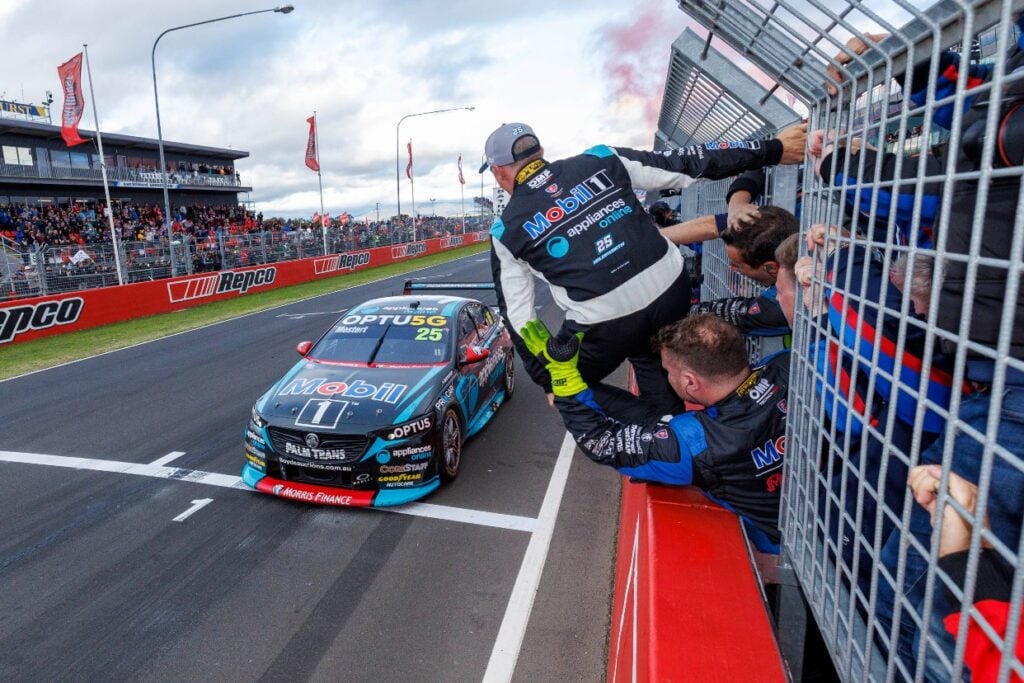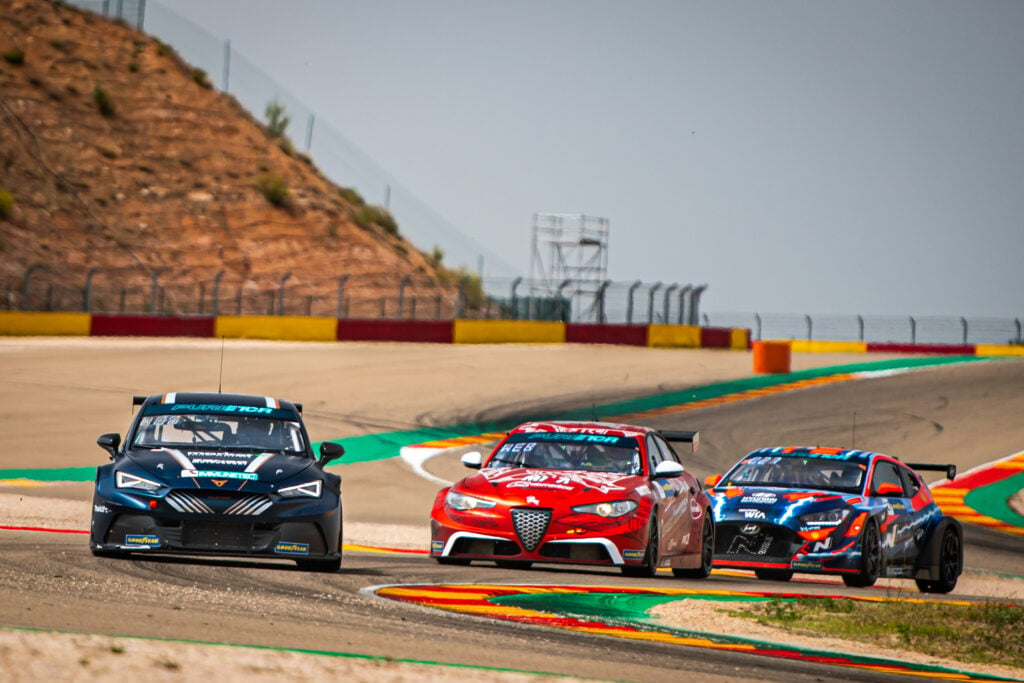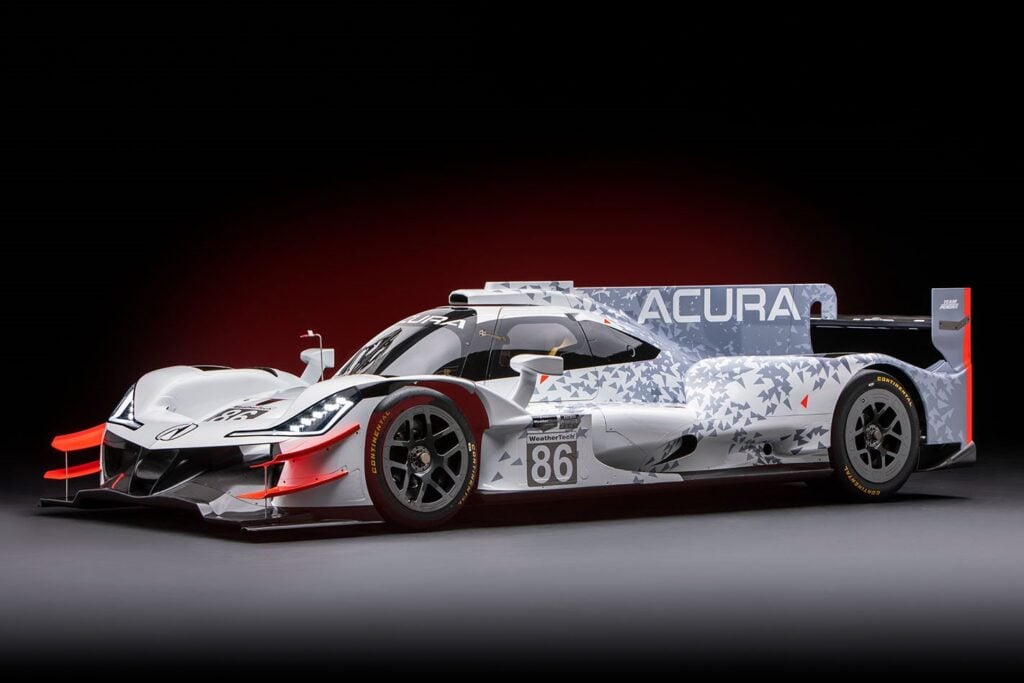Audi has shocked the motorsport world, by announcing it will return to the 24 Hours of Le Mans from 2022.
Between 2000 and 2014 Audi won 13 times at La Sarthe, making it the second most successful manufacturer in the race’s history, behind Porsche.
Since leaving the World Endurance Championship at the end of 2016, Audi’s major international motorsport program has been Formula E.
However, it will no longer compete in Formula E following the conclusion of the 2020/21 championship, turning its focus to Le Mans.
The change in direction follows a new leader at the top, with Julius Seebach replacing Dieter Gass as Audi’s Head of Motorsport from 2021.
To race at the 24 Hours of Le Mans, Audi will build a car to meet LMDh regulations, which will make their debut in 2022.
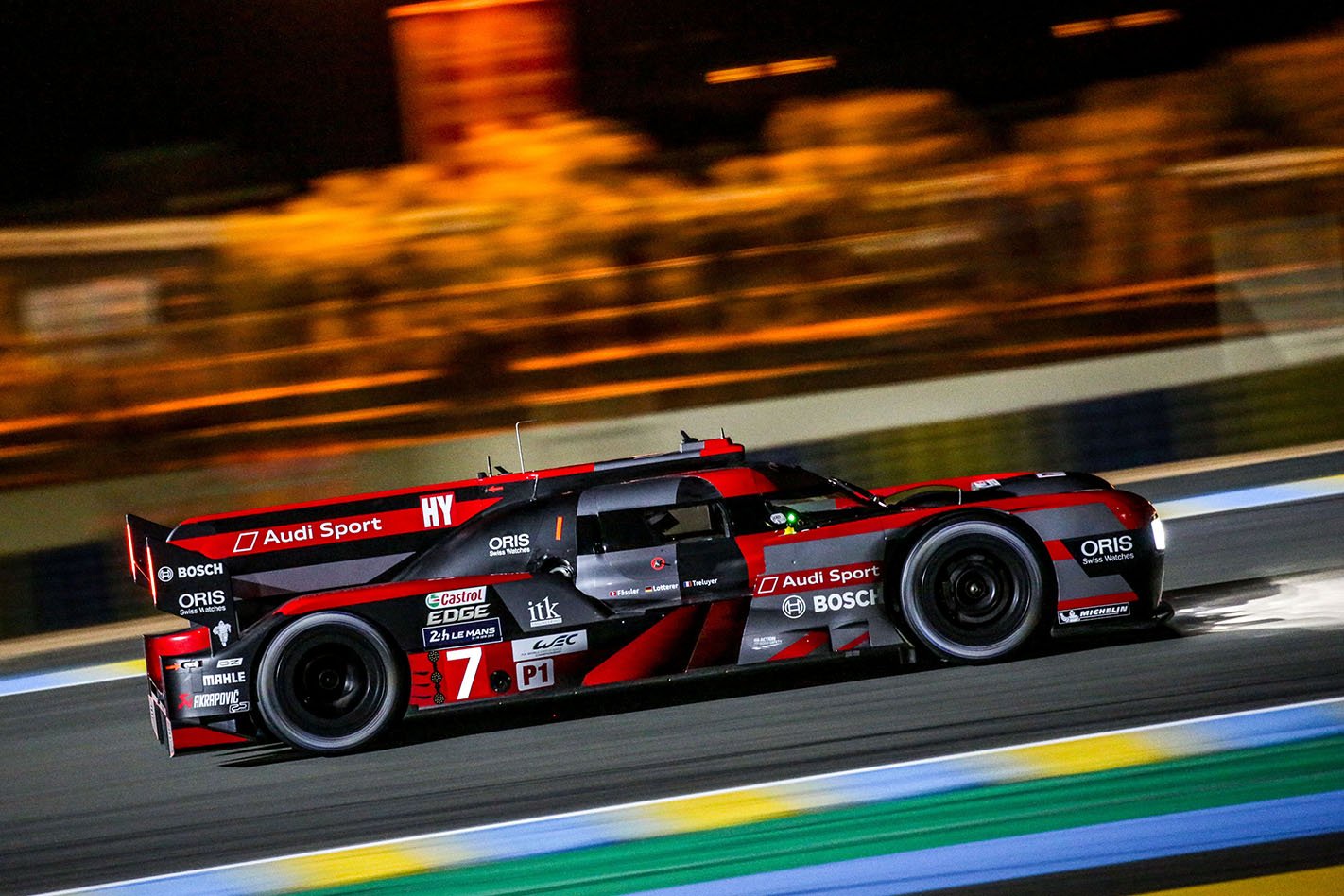
Above: Audi last competed at the 24 Hours of Le Mans with the R18 e-tron quattro in 2016.
WHY HAS AUDI CHOSEN TO RETURN TO LE MANS?
Choosing LMDh over the highly vaunted LMH (or ‘Hypercar’) regulations allows Audi to compete in the American sportscar championship IMSA, that includes high-profile events like the Daytona 24 Hour, Sebring 12 Hour, and Petit Le Mans, as well as the 24 Hours of Le Mans.
The FIA and ACO have confirmed that they will allow LMDh and LMH cars to compete alongside each other in the top-flight class of the World Endurance Championship from 2022.
Meanwhile, IMSA is yet to confirm that it will allow LMH cars to compete in its series at all.
“We are intensively preparing to enter the new sports prototype category LMDh with its highlight races, the Daytona 24 Hours and Le Mans 24 Hours,” said Seebach.
“The most important message for our fans is that motorsport will continue to play an important role at Audi.”
Other than Toyota and Peugeot, most manufacturers have shunned the LMH regulations (which requires production cars to be built to match the Le Mans racers), instead opting for the cheaper LMDh rules.
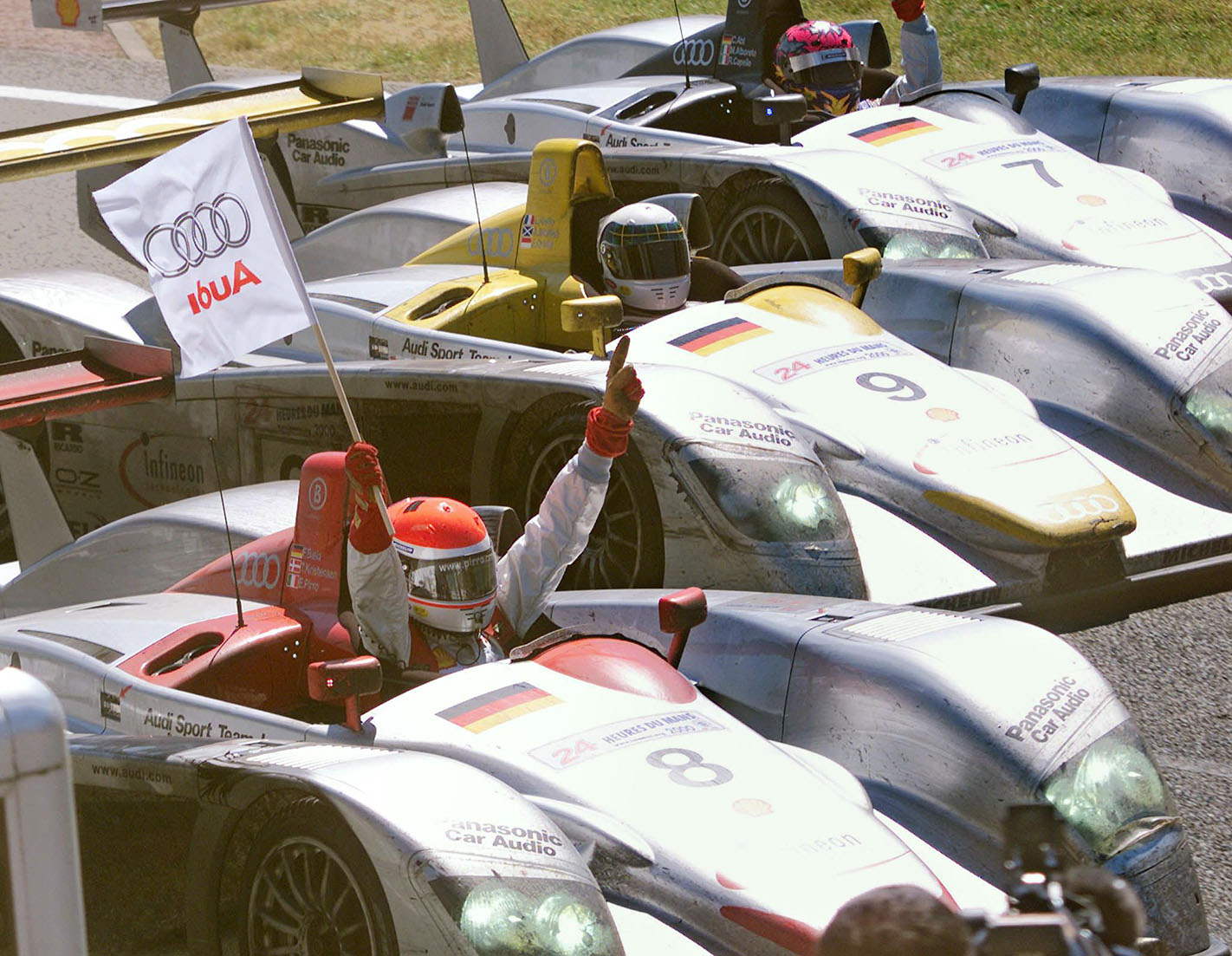
Above: The Audi R8 is the most successful car in Le Mans history, having won five times between 2000 and 2005.
WHAT IS LMDH?
The newly finalised LMDh rules allow manufacturers to supply their own engines capable of up to 470kW, which will be paired with a ‘spec’ 50kW electric motor supplied by Bosch.
There are four constructors licenced to build LMDh chassis: ORECA, Ligier, Multimatic, and Dallara. Manufacturers can purchase an LMP2-based chassis from one of these four companies and drape their own road car-inspired bodywork over the top.
IMSA has worked hard to ensure its LMDh rules are affordable, capping the price of the entire hybrid powertrain, supplied by Williams Advanced Engineering, at US$350,000, and the chassis (sans XTrac-supplied gearbox) at US$409,000.
It is estimated the total cost to build a LMDh car without an engine will be roughly US$1.18 million.
Honda is another manufacturer currently linked to a potential LMDh program, with the company’s Acura arm having recently competed in IMSA’s top-flight DPi category in partnership with legendary team Penske Racing.
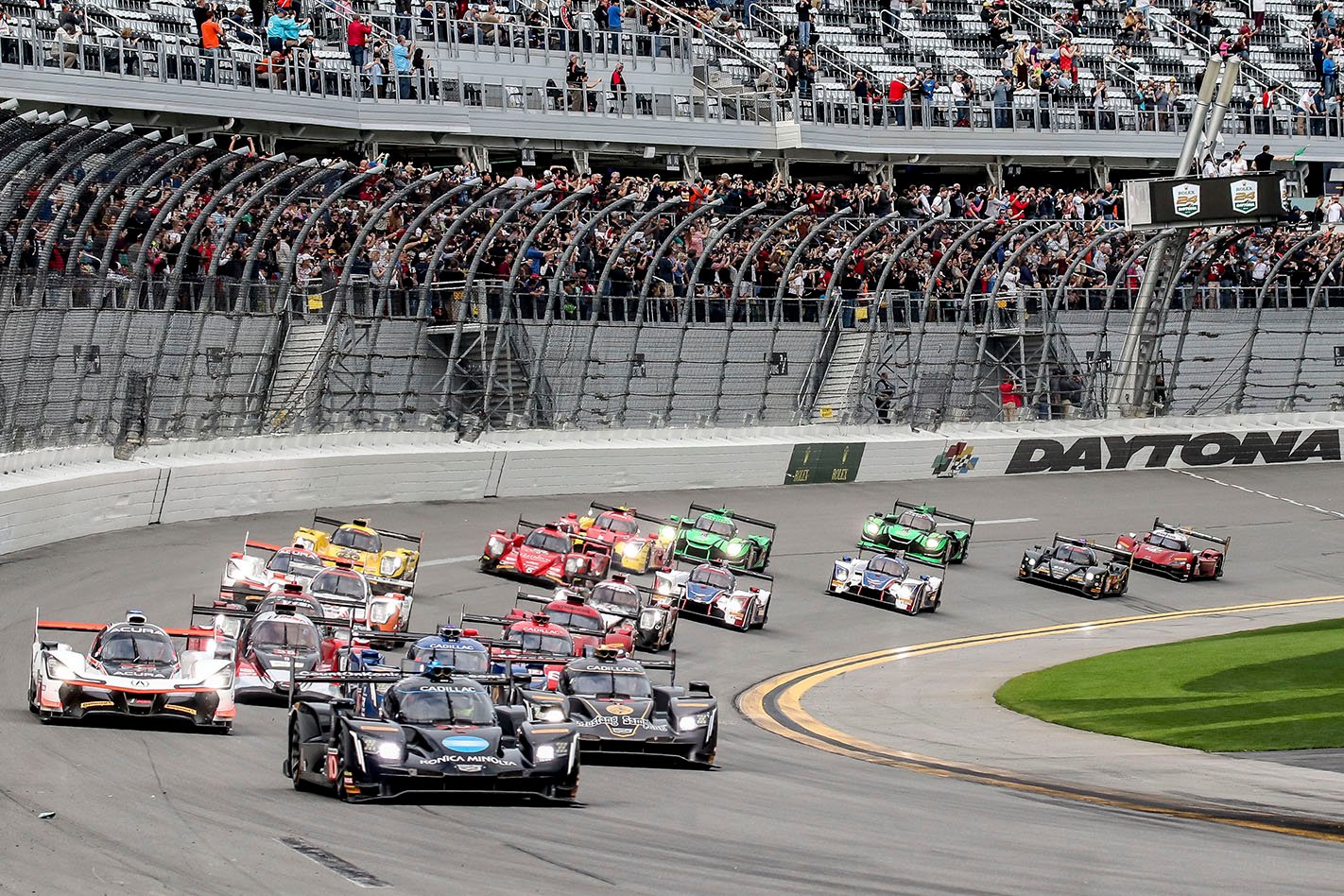
Above: Cadillac, Mazda, and Acura DPi race cars taking part in the Daytona 24 Hours
ARE THERE ANY OTHER CHANGES?
It’s not just Le Mans that Audi is focussing on, with the company announcing that it will compete in the Dakar Rally from 2022.
The German company has made a multi-year commitment to the off-road test, and says it will use the program to improve development of electric drive systems and batteries.
“We want to continue demonstrating the brand’s slogan ‘Vorsprung durch Technik’ in international top-level motorsport in the future and develop innovative technologies for our road cars,” said Markus Duesmann, CEO of Audi. “The toughest rally in the world is the perfect stage for this.”
Audi has never competed in the Dakar Rally as a factory team, however fellow VW Group brands Volkswagen and Porsche have both scored outright victories in the toughest event in motorsport.
With Audi confirming its departure from the all-electric Formula E series at the conclusion of 2020/21 season, it leaves sister brand Porsche as the sole representative of the VW Group in the category.
However, Porsche has also been rumoured to be evaluating entering the LMDh class in the future.
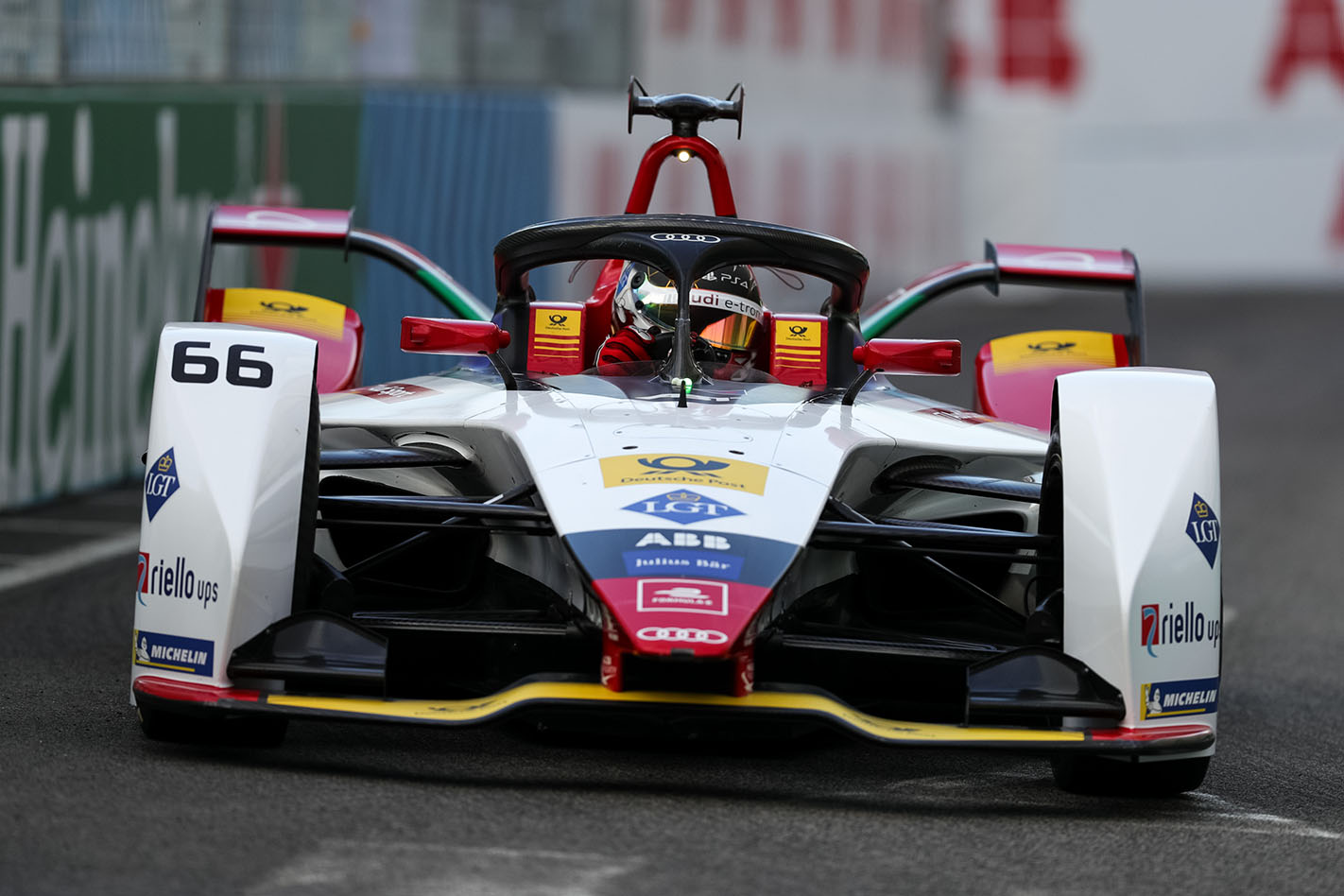
Above: Audi has competed in Formula E for seven seasons, winning a single championship in that time.


